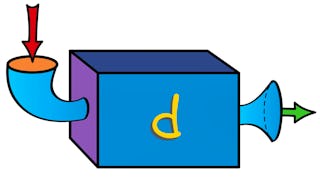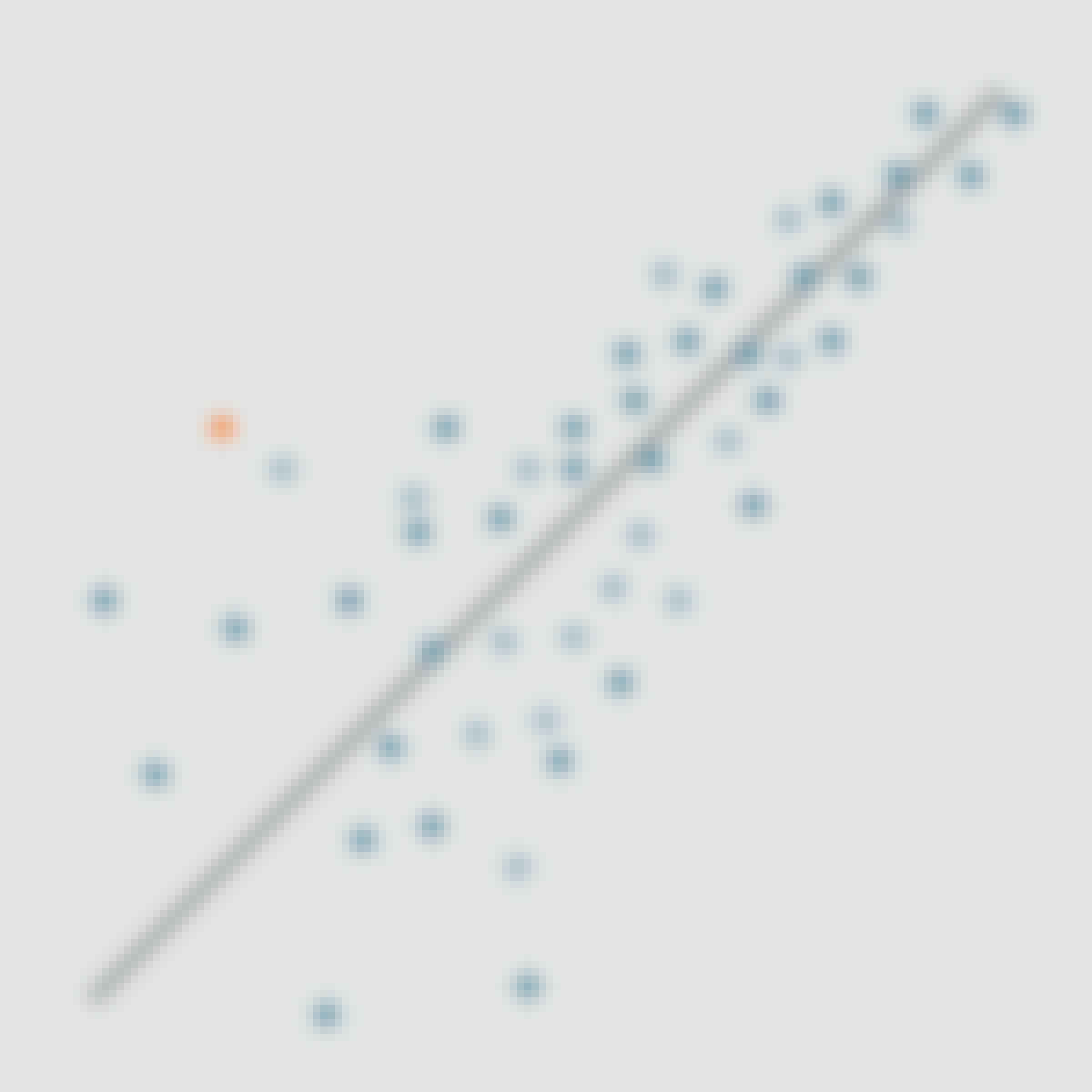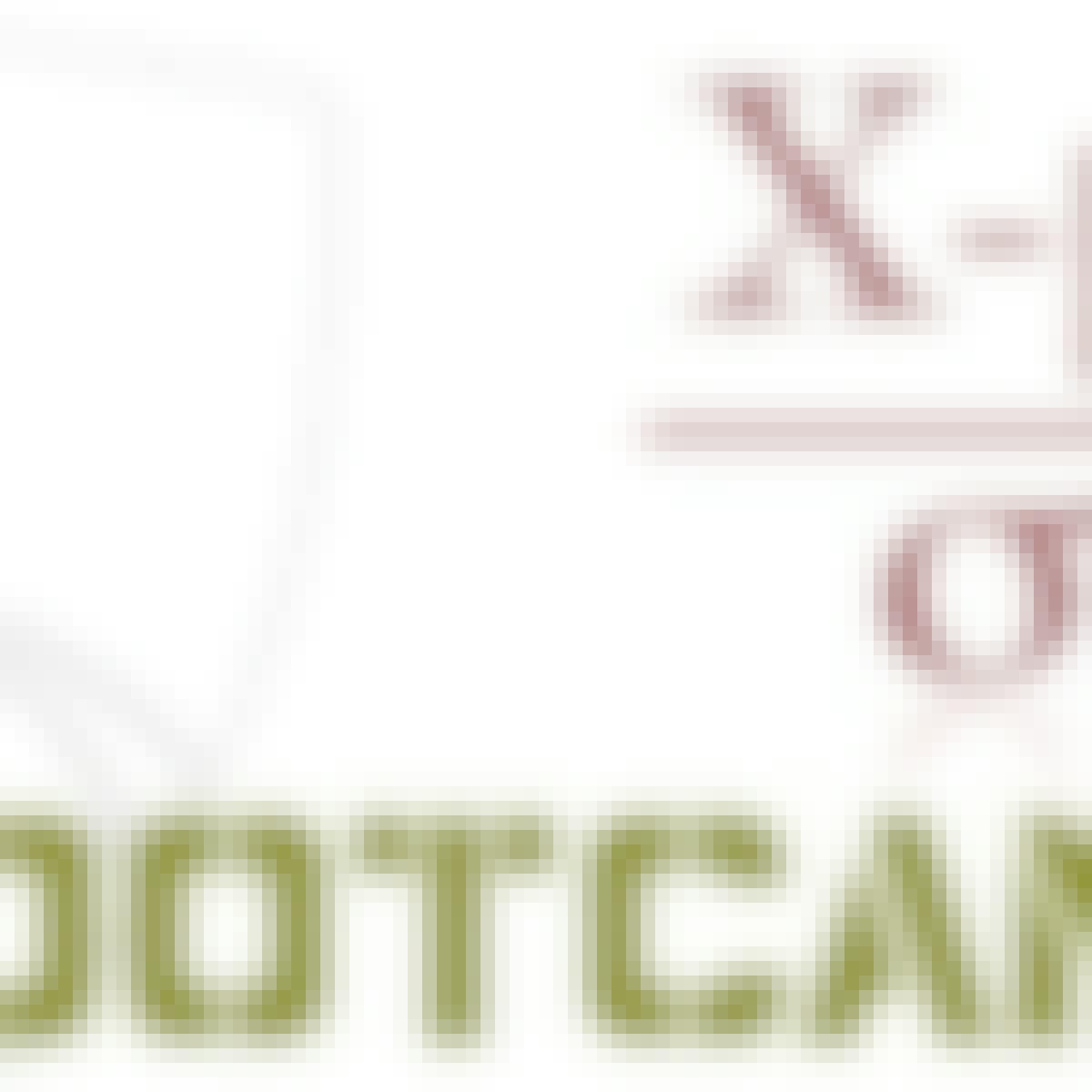Filter by
SubjectRequired
LanguageRequired
The language used throughout the course, in both instruction and assessments.
Learning ProductRequired
LevelRequired
DurationRequired
SkillsRequired
SubtitlesRequired
EducatorRequired
Explore the Multivariable Calculus Course Catalog

Universitat Autònoma de Barcelona
Skills you'll gain: Integral Calculus, Trigonometry, Calculus, Algebra, General Mathematics, Arithmetic, Advanced Mathematics, Applied Mathematics, Graphing, Derivatives, Problem Solving
 Status: Free Trial
Status: Free TrialJohns Hopkins University
Skills you'll gain: Data Analysis, Applied Mathematics, Mathematical Modeling, Graphing, Trigonometry, Analytical Skills, R Programming, General Mathematics, Statistics, Algebra, Systems Of Measurement, Correlation Analysis, Regression Analysis, Calculus, Geometry
 Status: Free Trial
Status: Free TrialJohns Hopkins University
Skills you'll gain: Calculus, Applied Mathematics, Trigonometry, Mathematical Modeling, Algebra, Derivatives, Geometry
 Status: New
Status: NewFractal Analytics
Skills you'll gain: Generative AI, Deep Learning, PyTorch (Machine Learning Library), Machine Learning Methods, Tensorflow, Image Analysis, Software Architecture, Artificial Neural Networks, Machine Learning, Natural Language Processing, Performance Tuning
 Status: Free
Status: FreeUniversity of Pennsylvania
Skills you'll gain: Calculus, Applied Mathematics, Derivatives, Engineering Calculations, Advanced Mathematics, Estimation
 Status: Free Trial
Status: Free TrialUniversity of Toronto
Skills you'll gain: Computer Vision, Image Analysis, Control Systems, Embedded Software, Automation, Deep Learning, Software Architecture, Computer Graphics, Simulations, Safety Assurance, Artificial Neural Networks, Global Positioning Systems, Visualization (Computer Graphics), Estimation, Algorithms, Machine Learning Methods, Predictive Modeling, Scenario Testing, Data Structures, Spatial Data Analysis
 Status: Free Trial
Status: Free TrialVanderbilt University
Skills you'll gain: Data Visualization, Image Analysis, Data Visualization Software, Matlab, Algorithms, Machine Learning Methods, User Interface (UI), Applied Machine Learning, Object Oriented Programming (OOP), Statistical Methods, Mathematical Software, Engineering Calculations, Computer Programming, Data Processing, Data Analysis, Engineering Analysis, Programming Principles, Scripting, UI Components, Software Design
 Status: Free Trial
Status: Free TrialDeepLearning.AI
Skills you'll gain: Descriptive Statistics, Bayesian Statistics, Statistical Hypothesis Testing, Probability & Statistics, Sampling (Statistics), Probability Distribution, Linear Algebra, Statistical Inference, A/B Testing, Statistical Analysis, Statistical Machine Learning, Applied Mathematics, NumPy, Probability, Calculus, Dimensionality Reduction, Mathematical Modeling, Machine Learning, Machine Learning Methods, Jupyter

Universidad de Palermo
Skills you'll gain: Algebra, Arithmetic, Mathematical Modeling, General Mathematics, Graphing
 Status: Free Trial
Status: Free TrialDuke University
Skills you'll gain: Regression Analysis, Data Analysis Software, Statistical Analysis, R Programming, Statistical Modeling, Statistical Inference, Correlation Analysis, Statistical Methods, Exploratory Data Analysis, Mathematical Modeling, Statistics, Predictive Modeling
 Status: Free Trial
Status: Free TrialÉcole Polytechnique Fédérale de Lausanne
Skills you'll gain: Digital Communications, Image Analysis, Telecommunications, Electrical Engineering, Electrical and Computer Engineering, Embedded Systems, Electronic Systems, Electronics Engineering, Computer Engineering, Engineering Calculations, Electronics, Programming Principles, Engineering Analysis, Numerical Analysis, Advanced Mathematics, Algorithms, Linear Algebra, Mathematical Modeling, Calculus, Applied Mathematics
 Status: Free Trial
Status: Free TrialJohns Hopkins University
Skills you'll gain: Statistical Hypothesis Testing, Sampling (Statistics), Regression Analysis, Bayesian Statistics, Statistical Analysis, Probability & Statistics, Statistical Inference, Statistical Methods, Statistical Modeling, Linear Algebra, Probability, R Programming, Biostatistics, Data Science, Statistics, Probability Distribution, Mathematical Modeling, Data Analysis, Applied Mathematics, Predictive Modeling
Multivariable Calculus learners also search
In summary, here are 10 of our most popular multivariable calculus courses
- Pre-Calculus: Universitat Autònoma de Barcelona
- Precalculus through Data and Modelling: Johns Hopkins University
- Calculus through Data & Modeling: Differentiation Rules: Johns Hopkins University
- How to Build a Diffusion Model - An Introduction: Fractal Analytics
- Calculus: Single Variable Part 2 - Differentiation: University of Pennsylvania
- Self-Driving Cars: University of Toronto
- MATLAB Programming for Engineers and Scientists: Vanderbilt University
- Mathematics for Machine Learning and Data Science: DeepLearning.AI
- Matemática Preuniversitaria: Universidad de Palermo
- Linear Regression and Modeling : Duke University










